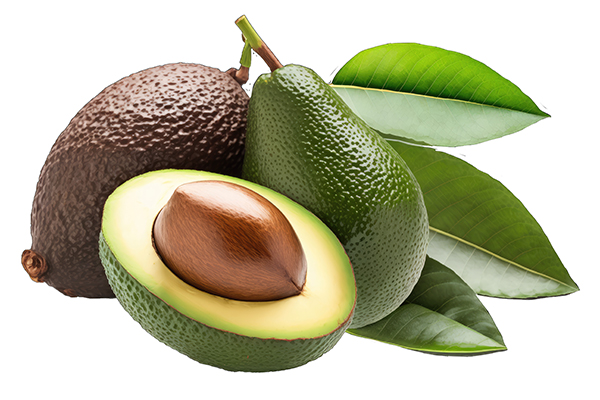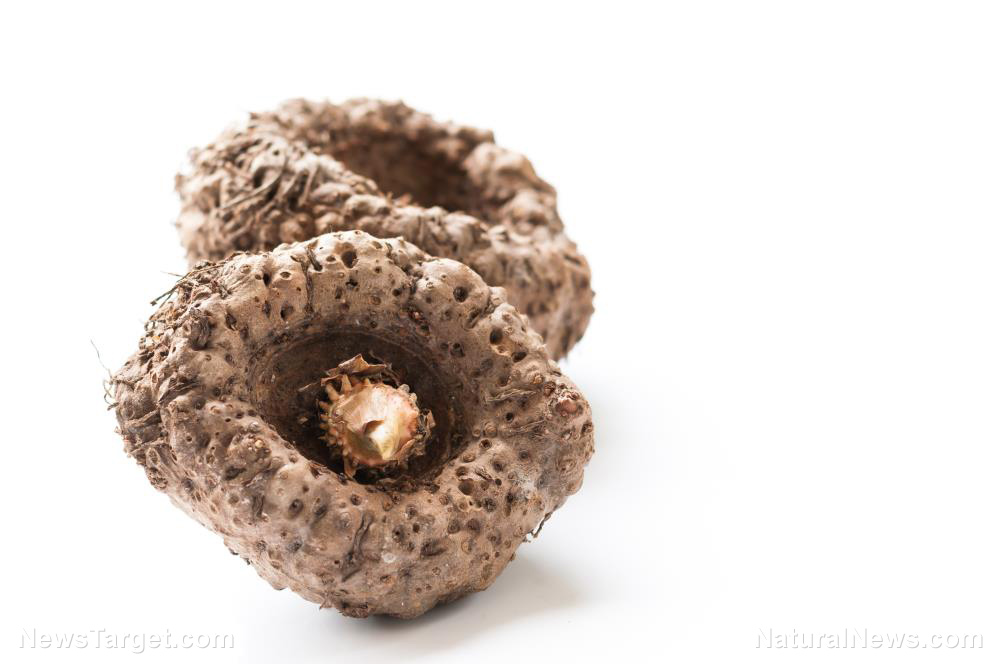
A microbiome is a collection of microbes or microorganisms living in an environment and this results in a “mini-ecosystem.” In humans, a microbiome is formed by “communities of symbiotic, commensal and pathogenic bacteria.” The human microbiome is also home to fungi and viruses.
According to Santamaria, “The bacteria we have in our gut actually have many beneficial functions. They help in our digestion, prevent infection by pathogens and educate our immune system on what to fight.” In a recent study, protein in the gut microbiome showed a new function which has been proven to have a significant effect on individuals who suffer from inflammatory bowel disease (IBD). (Related: Microbiome – Gut health discoveries revealed.)
The study by Santamaria and Kathy McCoy, Ph.D., from the University of Calgary's Cumming School of Medicine (CSM) was published recently in the journal Cell. It was discovered that a new mechanism in the gut microbiome helps regulate both pro- and anti-inflammatory cells. McCoy shared, “We found that a protein expressed by gut bacteria called Bacteroides works to prevent IBD by rapidly recruiting white blood cells to kill a cell of the immune system that is responsible for orchestrating IBD."
She continued, "We think that this mechanism is likely involved in preventing most people from developing IBD.”
In the immune system, the human microbiome sets the parameters that allow our body to decide what is good and bad for us. The microbiome maintains order and balance in the communities residing within it so that any pathogens waiting to wreak havoc on your body are minimized. Microbiomes also prevent the host system from attacking itself.
But Santamaria warned that the protein can cause white blood cells to overreact when it senses the presence of IBD bacteria, which in turn causes diseases like it. When overstimulated, these white blood cells might even cause autoimmune disorders like diabetes. He added, "This discovery demonstrates the effect the gut microbiome has on the immune system and unearths a novel mechanism via which changes in the gut microbiome can increase the risk of autoimmune disorders. While we looked specifically at IBD, it is likely there are many proteins in the gut that contribute to the development of other autoimmune disorders via similar mechanisms."
For the gut microbiome to progress, a single bacterium must be isolated within animal models to help rule out other environmental factors. McCoy shared that germ-free mice kick-started her research collaboration with Santamaria.
Before she joined UCalgary, McCoy was studying germ-free mice at the University of Bern, Switzerland. She talked about how Santamaria sent her some of his mouse strains so she can make them germ-free.
McCoy added that they were able to successfully add back single microbial species that “did or did not express the protein in the gut to investigate their effect." After six years, both Santamaria and McCoy are continuing the work they began on germ-free mice in the hopes of making significant discoveries with positive impacts.
Even though the road to the conclusion of their research is not yet in sight, the two are looking forward to the development of new therapies that can use the power of the gut microbiome to its advantage. In November 2017, the new Western Canadian Microbiome Center (WCMC)'s germ-free facility will open at the CSM. The WCMC is definitely a suitable space to look into the benefits of gut bacteria.
McCoy is also the director of the WCMC, and she is grateful to have the chance to work on “specific gut microbiomes without other environmental variables to consider." She concluded, "This will help us further this research, as well as complete many other studies into the effects of the microbiome."
Read more articles about other health studies on various diseases like IBD and possible treatments at Research.news.
Sources include:
Please contact us for more information.























